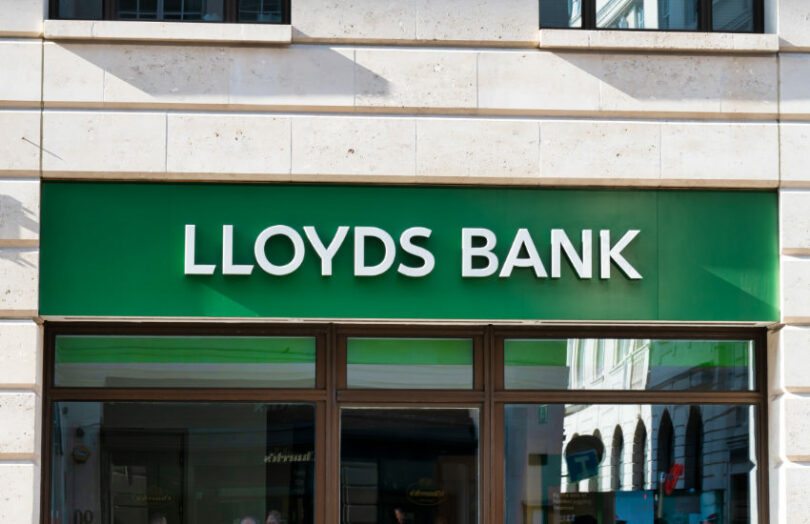Lloyds Bank announced it joined WaveBL‘s blockchain-based trade documentation platform. WaveBL was one of the first companies to use blockchain for electronic bills of lading (eBL).
A bill of lading is usually a piece of paper issued at the docks once cargo is loaded. It controls cargo ownership once loaded onto a ship or aircraft. In the simplest mode, the exporter would send the paper via courier to the importer, enabling them to collect the cargo on arrival. However, paper is relatively simple to forge but solved with electronic bills of lading (eBLs) involving cryptography and digital signatures.
Often the bill of lading is used by banks to grant trade credit, especially for letters of credit. Hence Lloyds’ involvement.
Despite eBLs enabling far greater speed, security and efficiency, the take-up is still shockingly low at around 2%.
Hence, several major shipping and trade associations are collaborating as part of the FIT Alliance to get companies to commit to adopting eBL. Each participant has slightly different objectives, with the container shipping body DCSA aiming for 100% adoption by 2030. However, there’s a long way to go.
Lloyds Bank is a signatory to the FIT Alliance declaration. “Collaboration and innovation are two of the key factors that will drive and support greater adoption,” said Rogier van Lammeren, Lloyds’ Head of Trade. “This new partnership with WaveBL is an example of both in action. Our clients now have easy access to a global platform for eBLs to complement our existing suite of digital trade documentation solutions – enabling them to capitalise on opportunities quickly and securely, while reducing their impact on the environment.”
WaveBL has four major container shippers as clients. They are MSC, ZIM, Hapag Lloyd and ONE. ZIM is also one of WaveBL’s early investors. Last year WaveBL raised a $26 million Series B funding round. It announced an additional $11 million in January, bringing the Series B to $37 million.






